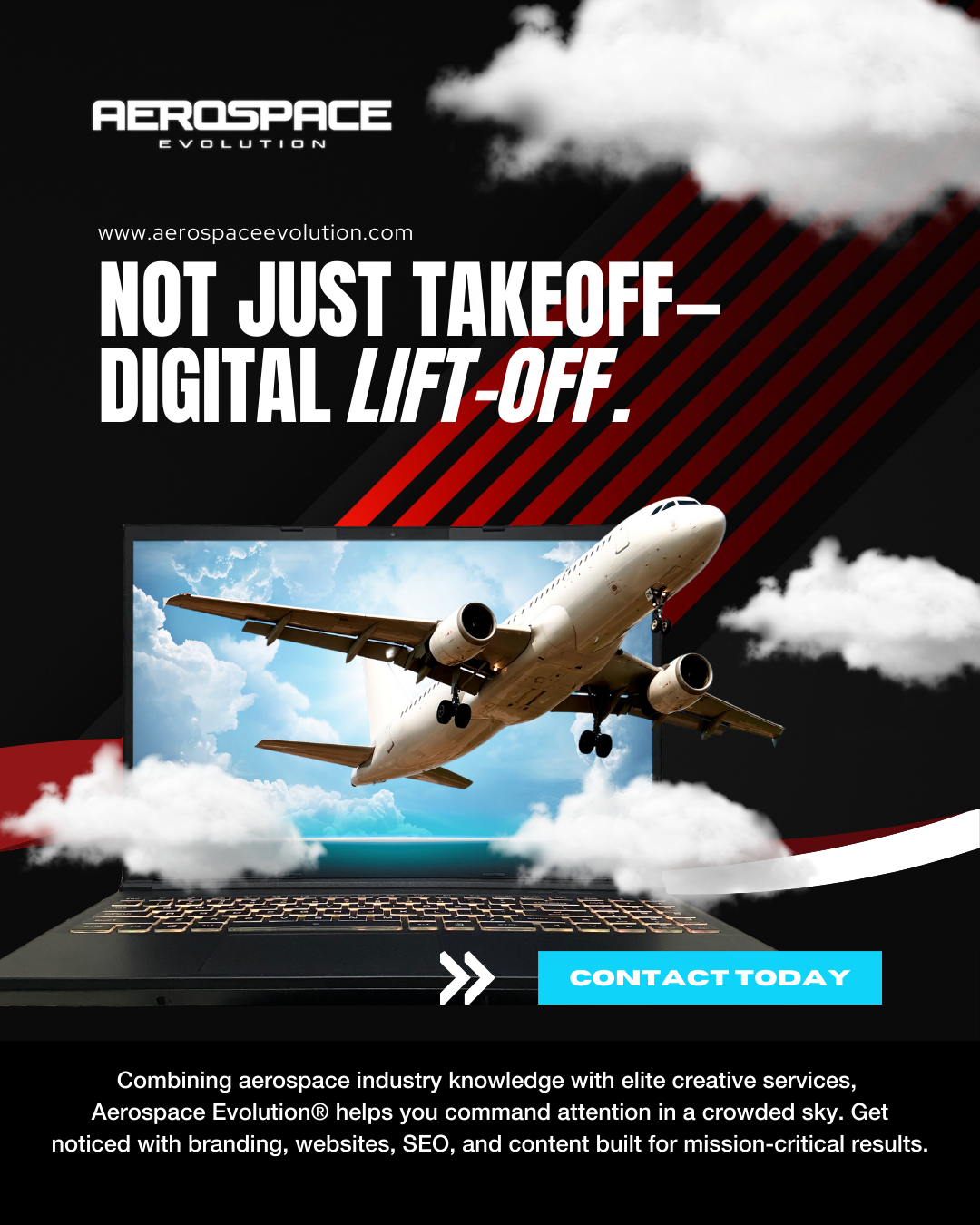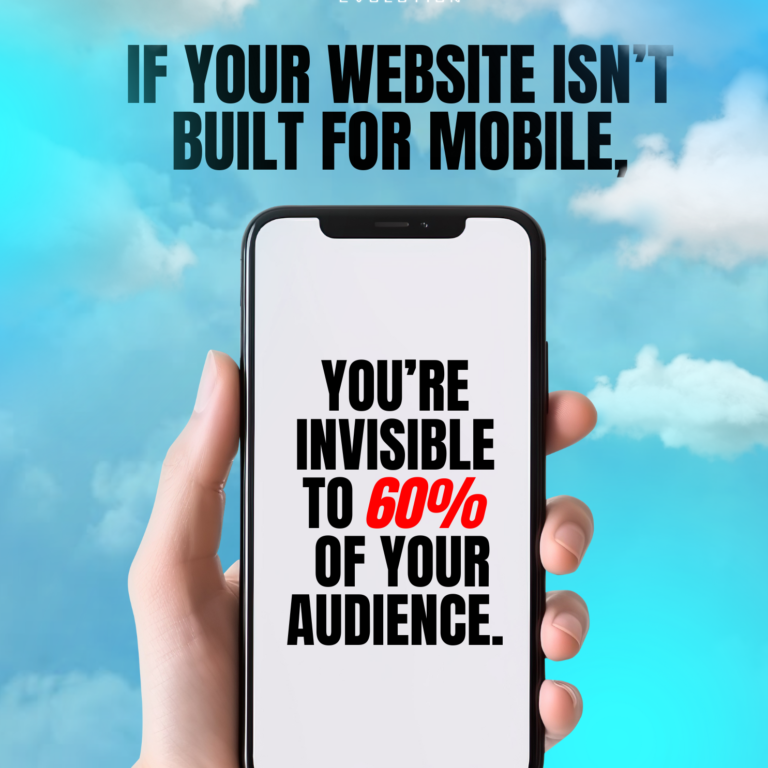In today’s digital landscape, especially in technical industries like aviation and aerospace, your website isn’t just a place to list services—it’s a reflection of how seriously you take security, professionalism, and trust. And one of the easiest ways to damage that trust? A website that isn’t secure.
An SSL certificate is no longer a “nice to have.” If you don’t have one, you’re likely losing credibility, traffic, and leads—and fast.
What Is an SSL Certificate and Why Does It Matter?
You’ve probably noticed some websites start with https:// instead of http://, and display a small padlock in the address bar. That’s SSL in action.
An SSL certificate (short for Secure Sockets Layer) encrypts the data transferred between your website and your visitors—whether it’s a contact form, a maintenance quote request, or student enrollment info. It’s what keeps private information from being intercepted.
But beyond encryption, SSL sends a message: you’re serious about protecting your users and your brand.
The Real-World Impact of Not Having SSL
This isn’t hypothetical. Research from GlobalSign found that 84% of users would leave a website if it wasn’t secure.That’s not just a stat—it’s potential customers turning away at the front door.
Google also confirmed SSL is a ranking factor. If you’re competing with another MRO or charter service and they have a secure website—but you don’t—you’re handing them free visibility in search results.
And if that’s not enough: modern browsers like Chrome now warn users when a site isn’t secure. It’s a giant red flag at the top of your screen that reads: “Not Secure.” That’s the last thing you want your clients—or prospects—to see.
Why SSL Is Especially Critical for Aviation Brands
In aviation, trust is everything. From charter clients to government contractors, people want to know you operate with precision and professionalism. Your website is often their first impression.
Think about it:
- Would a fleet manager submit an RFP through a site flagged as “Not Secure”?
- Would a parent enroll their child in your flight school if the form looked suspicious?
- Would a supplier take you seriously if your site lacked basic security?
Probably not.
And that’s before you factor in SEO and mobile ranking losses from not using HTTPS.
Types of SSL Certificates (And Which One You Need)
If your website is only a few pages and doesn’t collect sensitive data, a free SSL (like Let’s Encrypt) might be enough. But for most aviation companies—especially those involved in charter operations, training, government contracts, or secure portals—you’ll want a certificate that verifies your business identity.
Here’s a quick breakdown:
- DV (Domain Validated): Basic, free, easy to install. Good for blogs or portfolios.
- OV (Organization Validated): Verifies your business name. Ideal for most aviation firms.
- EV (Extended Validation): Displays your business name in the browser bar. Great for high-trust environments or large firms.
Providers like DigiCert, GlobalSign, or Sectigo offer all three. Most premium hosts will install and manage SSL for you as part of your hosting plan.
SSL + SEO: Visibility Depends on It
Having SSL isn’t just about preventing data theft—it directly impacts how and if people find you.
Google gives preference to secure sites. If your competitor has a solid aviation website with HTTPS and you don’t, you’re likely ranking lower—regardless of how great your services are.
SSL also allows you to use newer performance enhancements (like HTTP/2) that speed up your site, reduce bounce rates, and keep mobile users on your page longer.
If you’re investing in SEO or paid ads but haven’t secured your website, it’s like flying a jet with the landing gear down—you’re burning fuel but slowing yourself down.
What Happens If You Ignore This?
At best, you’re losing organic search visibility and trust.
At worst, you’re making your visitors vulnerable—and your company look outdated.
The aviation industry is competitive. Companies that succeed online are the ones that look the part, perform securely, and show they’re aligned with today’s digital expectations.
SSL is not just a checkbox—it’s a baseline expectation.
In an industry where safety, trust, and compliance are core values, showing up with an unsecured website does more than hurt your traffic—it hurts your brand.
At Aerospace Evolution®, we work with aviation companies who are ready to modernize, compete, and lead. Whether you’re overhauling an outdated site or just need someone to clean up the back end, we can help make sure your digital presence meets the same standards you bring to every job on the ground or in the air.
Need help making sure your website is secure, professional, and ready to convert?
Reach out to us here.
















